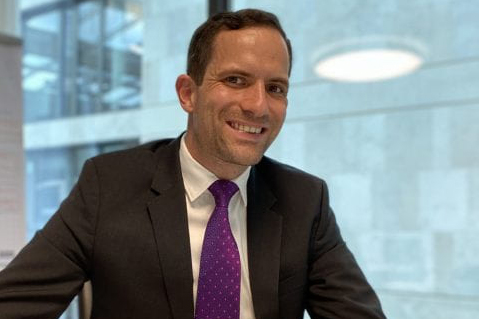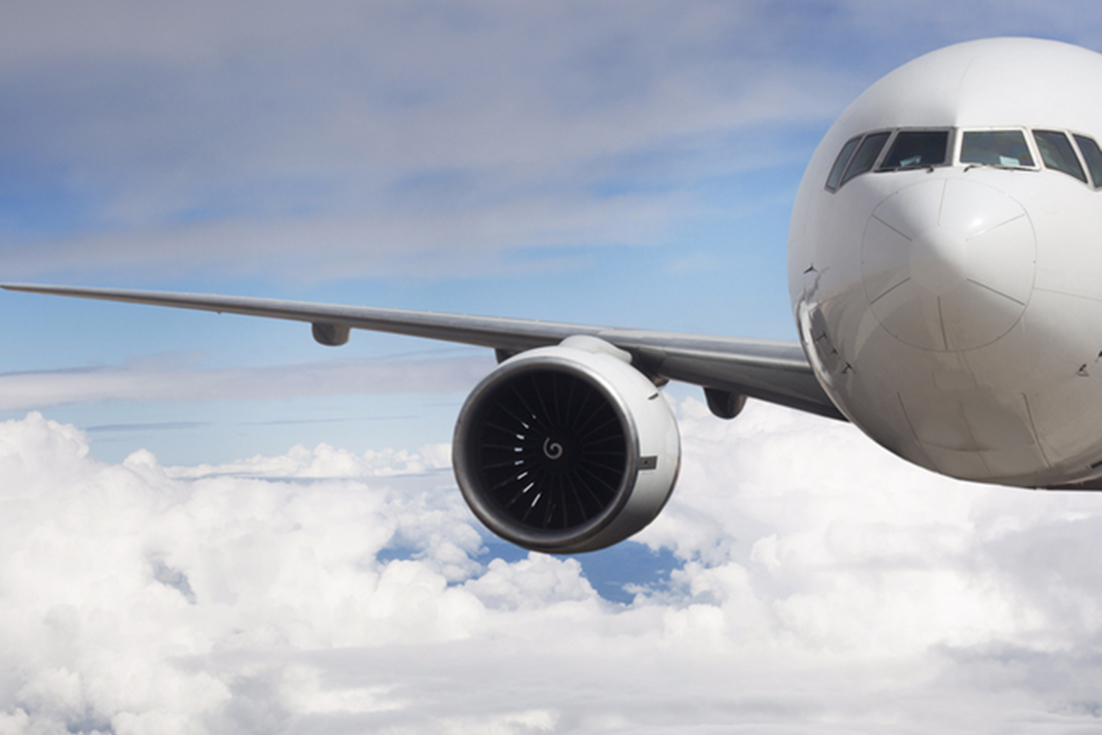City’s Visiting Lecturer in Air Transport Management says the lack of multilateral coordination and harmonization in responding to new Covid-19 strains continues to harm commercial aviation.
By City Press Office (City Press Office), Published
By Linus Benjamin Bauer
Looking at the current trending topic around the new Omicron variant, it is little surprise that we are stuck, once again, in another pre-Christmas bout of chaos with border closures and strict quarantine regimes. It was just a matter of time before the opponent rolled a dice double to put us back to square one in a Ludo board game. For opponents in this board game, as long as there is no multilateral coordination and harmonisation in responding to new Covid-19 strains, the virus itself and governments around the world -- airlines, passengers and the entire economies of many countries will remain back where they began.
For opponents in this board game, as long as there is no multilateral coordination and harmonisation in responding to new Covid-19 strains, the virus itself and governments around the world -- airlines, passengers and the entire economies of many countries will remain back where they began.
When it comes to the recovery of air traffic volumes and the restoration of passenger confidence in travelling, unilateral actions taken by governments across the globe to date have put them back to square one in the game, again and again. For aviation, it took about 20 months to build up a path to recovery. Within a period of 72 hours, the path has been destroyed by some hasty actions.
The recent decision by many countries around the world to immediately ban flights from South Africa following the discovery of the Omicron variant is akin to punishing the country for its advanced genomic sequencing and thus the ability to faster detect new variants.
Excellent science should be applauded and not punished. In addition to that, punishing a country which has been transparent and cooperative in this way is beyond inhumane and should in fact be replaced by the provision of support to the country.
All of the hasty actions taken by governments across the globe without scientific evidence will also discourage scientists and governments - especially in developing countries where tourism is one of the major economic lifelines during the pandemic - to remain transparent, cooperative, and communicative with their global peers.
 Through multilateral coordination and harmonisation in responding to new strains, we will also be in a better position to encourage scientists and experts to cooperate on a global scale, making air travel safer and more hassle-free for everyone.
Through multilateral coordination and harmonisation in responding to new strains, we will also be in a better position to encourage scientists and experts to cooperate on a global scale, making air travel safer and more hassle-free for everyone.
On the other hand, recent developments should also be considered as one of the wake-up calls for developed nations across the globe to join forces in supporting developing countries with their vaccination campaigns, because the longer it takes to vaccinate the earth’s populations, the more likely it will be that new Covid-19 strains emerge in the meantime. Otherwise, the Covid-19 virus as one of the Ludo game contenders will put all of us back to square one in that game and we will need to start all over again – many times over.
The globally connected and interdependent aviation industry, literally cannot stand this political ball game of travel bans and red lists anymore. It has become crystal clear that multilateralism will play a vital role in the post Covid-19 recovery process of our beloved aviation industry. Additionally, the harmonisation of global processes is one of the keys to rebuilding passenger confidence during uncertain times today (eg. making PCR tests one of the universal and affordable requirements for vaccinated passengers). In this case, the world can learn from the United Arab Emirates’ science-based approach to Covid-19.
Finally, access to affordable and highly accurate Covid-19 diagnostic testing is also one key to a safe restarting of travel activities between countries, including South Africa, soon. To make Covid-19 tests more affordable for travellers – especially for holidaymakers and VFR travelers – the easiest way would be to let governments axe VAT on pricey Covid-19 tests (eg. family of four or five people), to support both the people and our beloved industry during these challenging times.

